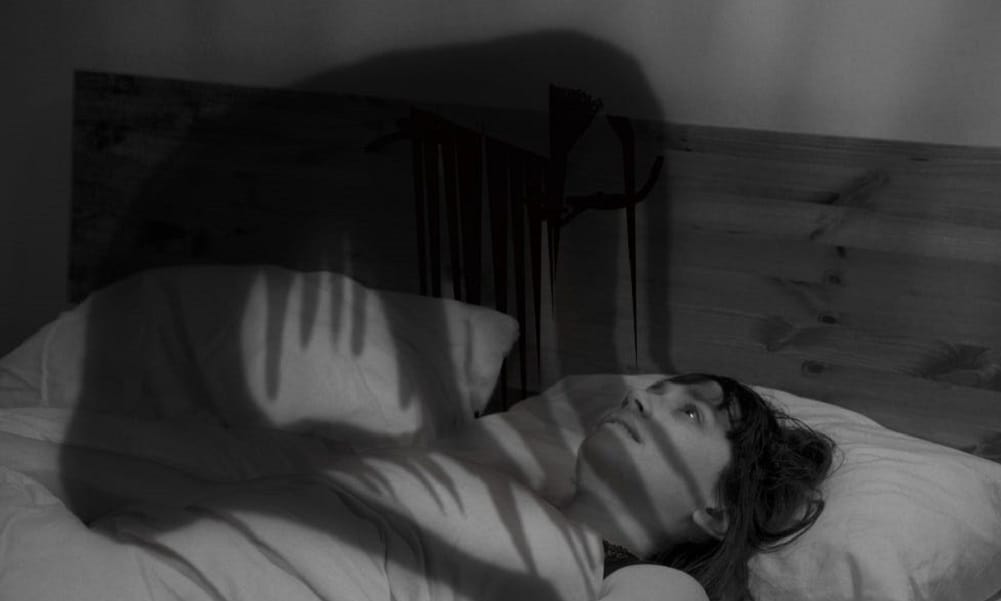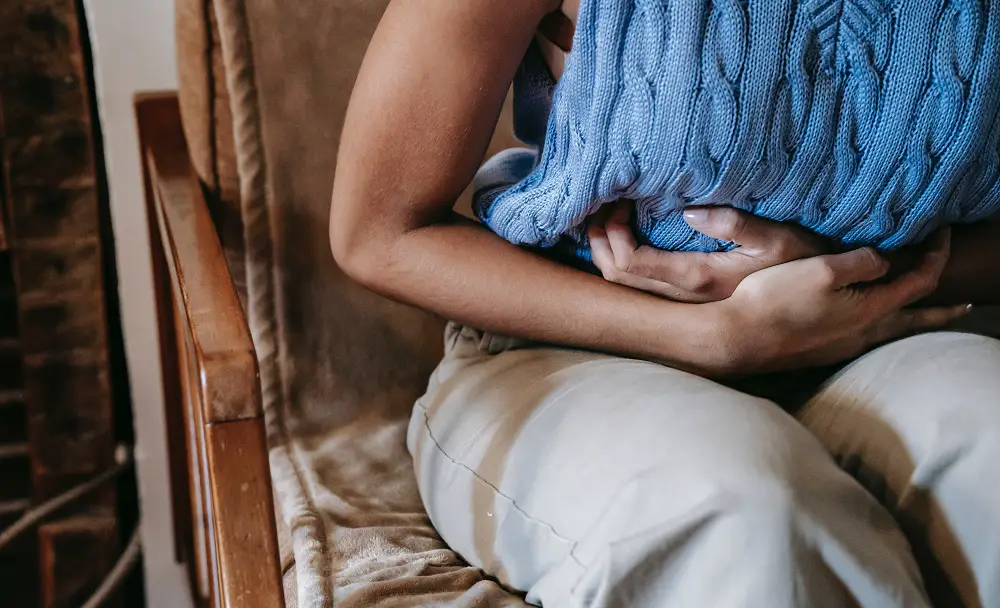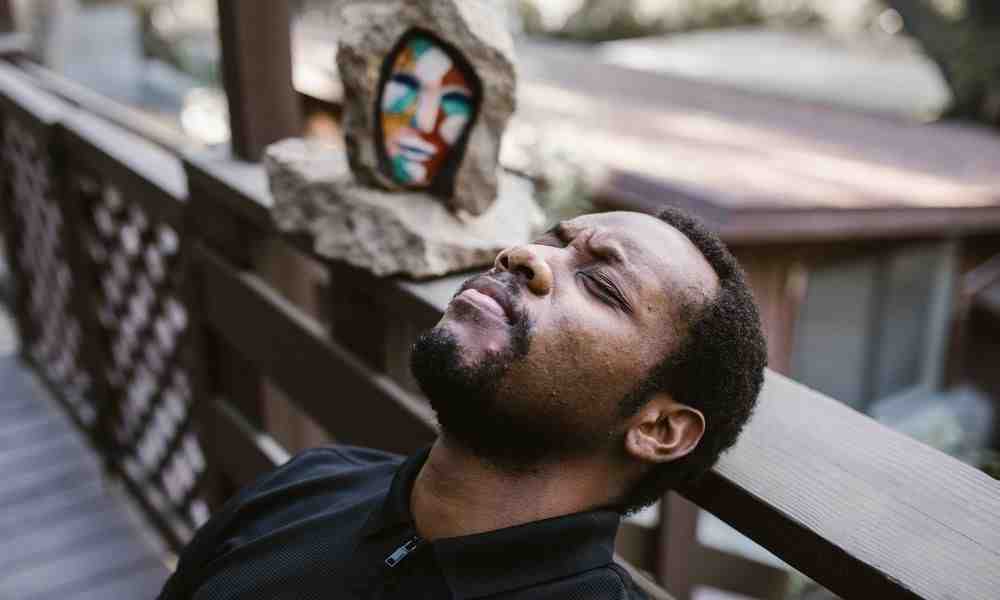The first time I had come across the word sleep paralysis, I had laughed and declared that it could never happen to me. Who gets paralyzed in their sleep? So I thought.
Yet as I read further, it joggled a memory of a night I had woken up frozen in place. My body had refused to move no matter how hard I tried. I couldn’t scream, my chest felt heavy as if someone was choking me and of course, I felt a presence in the room. I also saw shadows of black smoke. It was as if someone had cast a spell on me and my life was about to end. This lasted for less than two minutes but I must say it was the most terrifying of nightmares I have ever had.
It is estimated that 1.7% to 40% of people experience sleep paralysis. So If you are have also experienced this, then do not be afraid because you are not alone. After my experience, I went digging and this was what I found.
What is Sleep Paralysis?
Sleep paralysis is defined as the feeling of being conscious but unable to move. It occurs when a person passes between the stages of wakefulness and sleep. That is, when you are about to fall asleep or when you are waking up. During both of these times, your eyes move quickly and dreams occur as part of rapid eye movement sleep (REM).
Sleep paralysis may be accompanied by hallucinations or intense fear. It is not life-threatening but can cause anxiety as it is often accompanied by hypnagogic experiences which are visual, auditory, and sensual hallucinations. For years, its symptoms have been attributed to an evil presence.
Almost every culture throughout history has had stories of shadowy evil creatures that terrify helpless humans at night. Canadian iniut attribute sleep paralysis to spells of shamans, Japanese folklore says it is a vengeful spirit that suffocates its enemies in their sleep. While in Brazilian folklore, the demon has a name — Pisadeira, which means “she who steps“.
In Nigeria, Hausa people call it Dannau while the Yorubas attribute every neuropsychiatric disturbance during sleep to Ogun Oru.
Sleep paralysis can be a symptom of a medical problem such as clinical depression, migraine, obstructive sleep apnea, hypertension, anxiety disorder and other sleep disorders such as narcolepsy.
Signs and Symptoms of Sleep Paralysis
The signs and symptoms include;
- Inability to move the body for a few seconds to several minutes while either falling asleep or waking up
- Being completely conscious
- Choking or feeling breathless caused by pressure on the chest.
- Feeling there is a presence in the room.
- Having hallucinations.
- Feeling of intense fear.
- Sweating
- Having headaches, muscle pain, and paranoia
Although it is unclear why hallucinations occur, researchers believe a harmless neurological disturbance may be involved.
People Who May Experience Sleep Paralysis
Nothing is scarier than the inability to move especially when you are sleeping in your bed. People who are most affected by sleep paralysis include
1. Adolescence (May become frequent during the 20s and 30s.)
2. Laying on your back
3. If you have a family history of sleeping disorders.
4. Narcolepsy
5. Sleeping Irregularly(due to shift at work etc)
6. When you are undergoing serious stress.
How to Avoid Getting Sleep Paralysis
There is no treatment for sleep paralysis but there are ways to curtail its occurrence. These include managing stress, regular sleeping, and observing good sleeping habits. Some examples of good sleeping habits are stated as follows
- Ensuring a comfortable sleeping environment, preferably a dark and cool bedroom.
- Reducing light exposure in the evenings
- Not working or studying in the bedroom.
- Avoid eating heavy dinners or eating within two hours before bed.
- Do not sleep on your back.
- Keep bedtime and wake-up time consistent.
- Abstaining from alcohol and caffeine
- Manage every underlying illness etc.
When to Seek Medical Help
Sleep paralysis is not normally considered a medical diagnosis, but if the symptoms become concerning then one should see a doctor. Please seek help when;
It happens regularly
There is anxiety about going to sleep
Difficulty falling asleep
Suddenly falling asleep during the day
FAQs
Q: Is sleep paralysis the symptom of a serious problem?
A: No, sleep researchers conclude that in most cases, it is just a sign that your body is not moving smoothly during sleep and not a serious illness.
Q: Do Drugs cause sleep paralysis?
A: Yes, the use of certain medications may have side effects on individuals which can disrupt their sleep and cause paralysis.
Q: What do I do if I experience sleep paralysis?
A: You shouldn’t get worried if you experience sleep paralysis and take steps to control this disorder by making sure to get enough sleep. But if it becomes repetitive, you can contact your doctor for medical help
Q: Are demons real?
The paralysis is real but the demons are not. Though they seem quite creepy. People have described what they see which includes aliens, an old gag with a claw, a ghost, a vengeful spirit, etc.
Conclusion
Remember that a stitch in time saves nine, you should try to indulge in good sleeping habits as it not only helps you to avoid occurrences like sleep paralysis but takes care of your body health in general.
Check out these signs to see if you are not getting enough sleep.



























Very informative! I never knew there was a name for it. Previously, I use to have such experiences, and everyone thought it was a spiritual thing, not knowing it’s happening to many others out there. But, now, I know better.